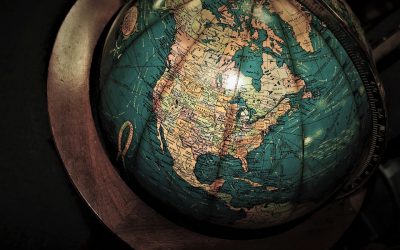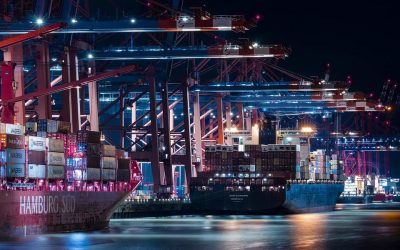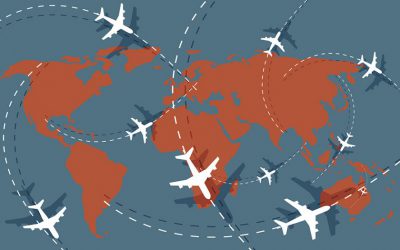America’s trade war has entered its second year, with a resolution between the U.S. and Chinese governments looking further away than ever. A bilateral freeze in tariff hikes in December brought some hope that the already costly conflict would not continue to snowball.
The 2018 tariffs imposed by President Trump on imports from China and other countries had already resulted in the direct transfer of tens of billions of dollars from U.S. businesses to government coffers. Now, renewed escalation initiated by the White House team all but ensures increased taxation of billions more.
When my colleague Peter C. Earle and I looked in depth at the trade war’s first year in March, we estimated that new tariffs by the U.S. government from U.S. businesses would carry an annual bill of $45 billion. The President has now made good on his threat to raise the tariff rate on a long list of products imported from China from 10 percent to 25 percent, raising the estimated annual tax bill on U.S. businesses to $75 billion, approximately the same amount saved by Americans from the 2017 income tax cuts.
The President cannot accurately claim on next year’s campaign trail that his administration has cut Americans’ taxes. The sum total of income tax and tariff policies have merely shifted the burden from Americans who only do business within our borders to those who interact with the rest of the world. Unless ended almost immediately, the tariffs will represent a redistribution of over $100 billion. Serious primary challenges to incumbent Presidents are rare, but these measures might alienate Republicans who believe theirs is the party of free markets.
I’ve repeatedly emphasized above that these tariffs are paid directly from American businesses to the government’s coffers. President Trump has repeatedly delivered the patently false statement that “China” is paying these tariffs, a talking point that toes the line between spin and outright propaganda.
As Jim Tankersly of the New York Times described in detail last fall, the government charges tariffs to the company directly importing products, which is almost always a U.S.-owned firm. These middlemen then pass the tariffs down the supply chain in the form of higher prices, a portion of which is often borne by end consumers.
Of course, the tariffs do inflict economic harm on Chinese producers, just as the retaliatory tariffs announced by the Chinese government today harm American producers. Producers in the exporting country face either lower demand because of the higher end price including the tariff, or must lower their prices to offset lost demand. Either way, the money still flows from U.S. businesses to the U.S. government, known in simpler terms as a tax.
It makes sense that this harm to Chinese businesses, no matter how secondary to the direct harm to Americans, appeals to the President’s background as a hard-charging dealmaker. Heightened economic pressure may indeed lead to Chinese concessions, likely in the form of lower domestic subsidies that make Chinese businesses more cost competitive and further crackdowns on the piracy of U.S. intellectual property.
When the parties eventually reach a deal, it will be incumbent upon the U.S. media, other political leaders, and the electorate to ask the President just how much any extra concessions benefited the country. Any further tariff hikes or a continuation of the trade war of more than a few months will push the tax increase facing Americans to well over $100 billion.
Surely allowing millions of American and Chinese businesses and consumers to freely cooperate would have created more wealth than one veteran dealmaker tightening his grip.
Made available by the American Institute for Economic Research. Visit their website at https://www.aier.org.




